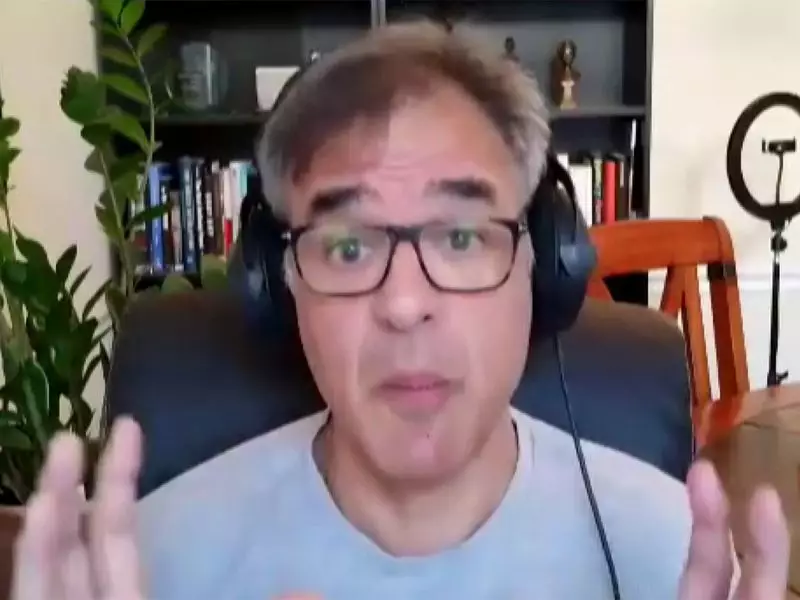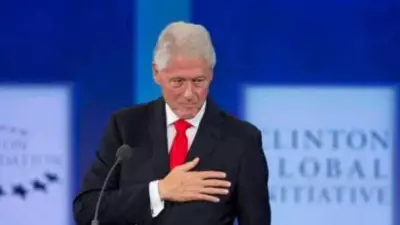
In a stunning revelation that could reshape South Asian geopolitical history, former CIA officer John Kiriakou has alleged that then-Pakistani President Pervez Musharraf secretly transferred control of Pakistan's nuclear arsenal to the United States during a critical military standoff with India.
The Tense Military Confrontation
The explosive claims center around the intense 2001-2002 military standoff between India and Pakistan, one of the most dangerous nuclear confrontations in recent history. Following the terrorist attack on India's Parliament in December 2001, both nuclear-armed neighbors mobilized over a million troops along their shared border, bringing the subcontinent to the brink of war.
America's Nuclear Intervention
According to Kiriakou, who served as a CIA counterterrorism officer during this period, the United States grew increasingly concerned about the security of Pakistan's nuclear weapons amid escalating tensions. The fear in Washington was that conflict could lead to nuclear weapons falling into the wrong hands or being deployed in a regional conflict.
Kiriakou stated that Musharraf, under immense international pressure and facing potential military conflict with India, made the extraordinary decision to allow American specialists to effectively take control of Pakistan's nuclear assets. This arrangement allegedly prevented what could have been a catastrophic nuclear exchange in South Asia.
Regional Implications and Fallout
The revelation raises serious questions about nuclear sovereignty and the delicate balance of power in the region. If true, this arrangement would represent one of the most significant compromises of nuclear command and control in modern history.
For India, which has maintained a policy of nuclear deterrence against Pakistan, the news suggests that during a critical period of tension, Pakistan's nuclear capabilities were effectively under foreign supervision. This could have profound implications for future strategic calculations and regional security dynamics.
Expert Reactions and Verification
While Kiriakou's claims have yet to be officially verified by either government, they align with known concerns within the international community about nuclear security in Pakistan during periods of political instability. Defense analysts have long speculated about various safety mechanisms and external oversight arrangements for Pakistan's nuclear program.
The timing of these revelations comes amid ongoing tensions in the region and renewed concerns about nuclear proliferation and security in South Asia. The international community continues to monitor the delicate nuclear balance between India and Pakistan, two nations that have fought multiple wars since their independence.
As historians and security experts examine these new claims, the story serves as a reminder of the hidden diplomatic maneuvers and security arrangements that often operate beneath the surface of international conflicts.





